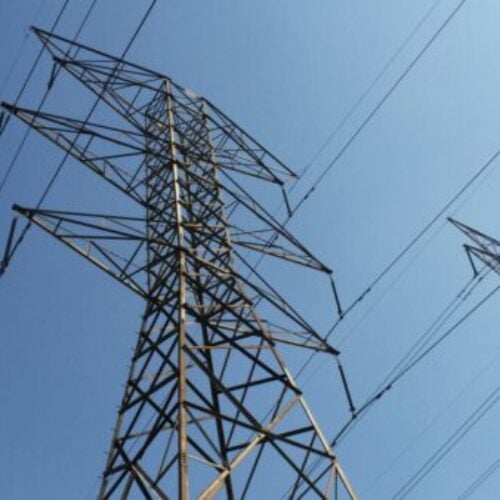The American Council for an Energy Efficient Economy (ACEEE) has ranked the UK fifth in its global energy efficiency scorecard after what it labelled a “challenging year” for the UK’s energy and climate change policies.
ACEEE’s third International Energy Efficiency Scorecard evaluates countries based on 35 policy and performance metrics divided over four categories; buildings, industry, transportation and national energy efficiency efforts.
Each category is scored out of 25, giving a maximum total score of 100.
The UK finished fifth with 65 points behind fourth-placed France on 67.5 points and joint second-placed Italy and Japan on 68.5 points. The runaway leader on energy efficiency is Germany with a total of 73.5 points.
China was ranked sixth, just one point behind the UK.
Despite the lofty ranking, ACEEE criticised the UK government for rolling back on various energy efficiency policies over the course of the last year.
Cuts to green energy subsidies have been widely covered, however other policy decisions such as the closure of the Green Deal, cutting back of ECO and the abolition of Zero Carbon Homes have also seriously dented the UK’s efficiency track record and contributed to what ACEEE said was a “collapse of building retrofit policy since 2012”.
“Relative to some other countries evaluated in this report, the United Kingdom still has some good policies and programs in place; however these are much weaker than they have been in the past and will be affected by the outcome of the country’s vote to leave the European Union.
“While the United Kingdom, following the EU directive, has strong policies to improve fuel economy and advance vehicle technologies, much more can be done to improve the overall efficiency of the freight and passenger transport systems,” the report stated.
Further work is required in the UK’s freight system which remains energy intensive and ACEEE also highlighted faltering decarbonisation of the country’s transport sector. The UK has a target to derive 10% of transport energy from renewable sources by 2020, but last year recorded a 0.8 percentage point decrease and fell to 4.1%.
Of the report’s findings Steven Nadel, ACEEE executive director, said: “Governments that encourage investment in energy efficiency and implement supporting policies save citizens money, reduce dependence on energy imports, and reduce pollution. Yet energy efficiency remains massively underutilised globally, despite its proven multiple benefits and its potential to become the single largest resource to meet growing energy demand worldwide.”






